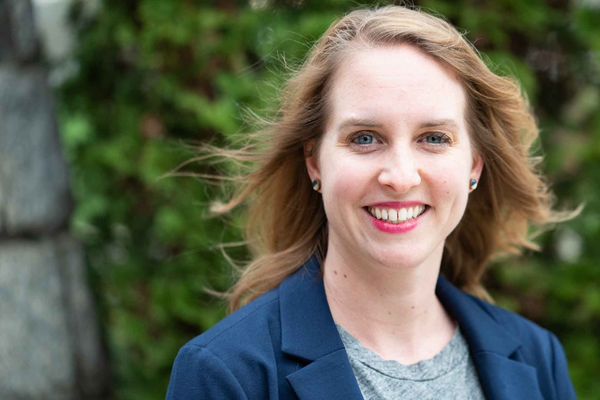Self-Care and Sustainability for Area Studies and Interdisciplinary Scholars and Students

- Sponsor
- CSAMES
- Speaker
- Dr. Courtney Dorroll, Associate Professor of Religion and Coordinator of the Middle Eastern and North African Program at Wofford College.
- Registration
- Registration
- Contact
- Center for South Asian and Middle Eastern Studies
- csames@illinois.edu
- Phone
- 217-265-5016
- Views
- 246
- Originating Calendar
- Middle East Events
It will touch on how Teaching Islamic Studies during the Age of ISIS and Islamophobia created emotional labor for both the instructor and her students. Courtney found self-care pedagogy and sustainability practices to be key in replenishing herself and her students. When we ask scholars and students to engage with emotional, political, social justice oriented, and/or traumatic content we must also add in reflective and self-care practices to address and minimize secondary post-traumatic stress and burnout. This turn in the academy to have a focus on well-being in the classroom is especially important in light of the consequences of the Covid-19 pandemic on student and instructor mental health.
Interdisciplinarity and Area Studies approaches allow for room to study a context in multiple directions: language, politics, history, geography, religion, critical cultural studies, and much more can fit under this umbrella. Courtney will illustrate how this approach allows for multiple voices and perspectives to address issues and can be a dynamic way to address questions of social justice from the ethical dimensions of: who belongs and who has power to shape conversations and who remains on the periphery? How do we in the academy open more spaces for global conversations not simply rooted in Western contexts? How do we engage with difference across regions, contents, language paradigms, and historical contexts? How do we approach topics associated with war, trauma and conflict?
Courtney will use her experience of teaching Middle Eastern and North African Studies at Wofford College along with her expertise on self-care pedagogy to show how scholars and students can address the hard questions from an interdisciplinary angle while also doing so in a way that is generative and sustainable.